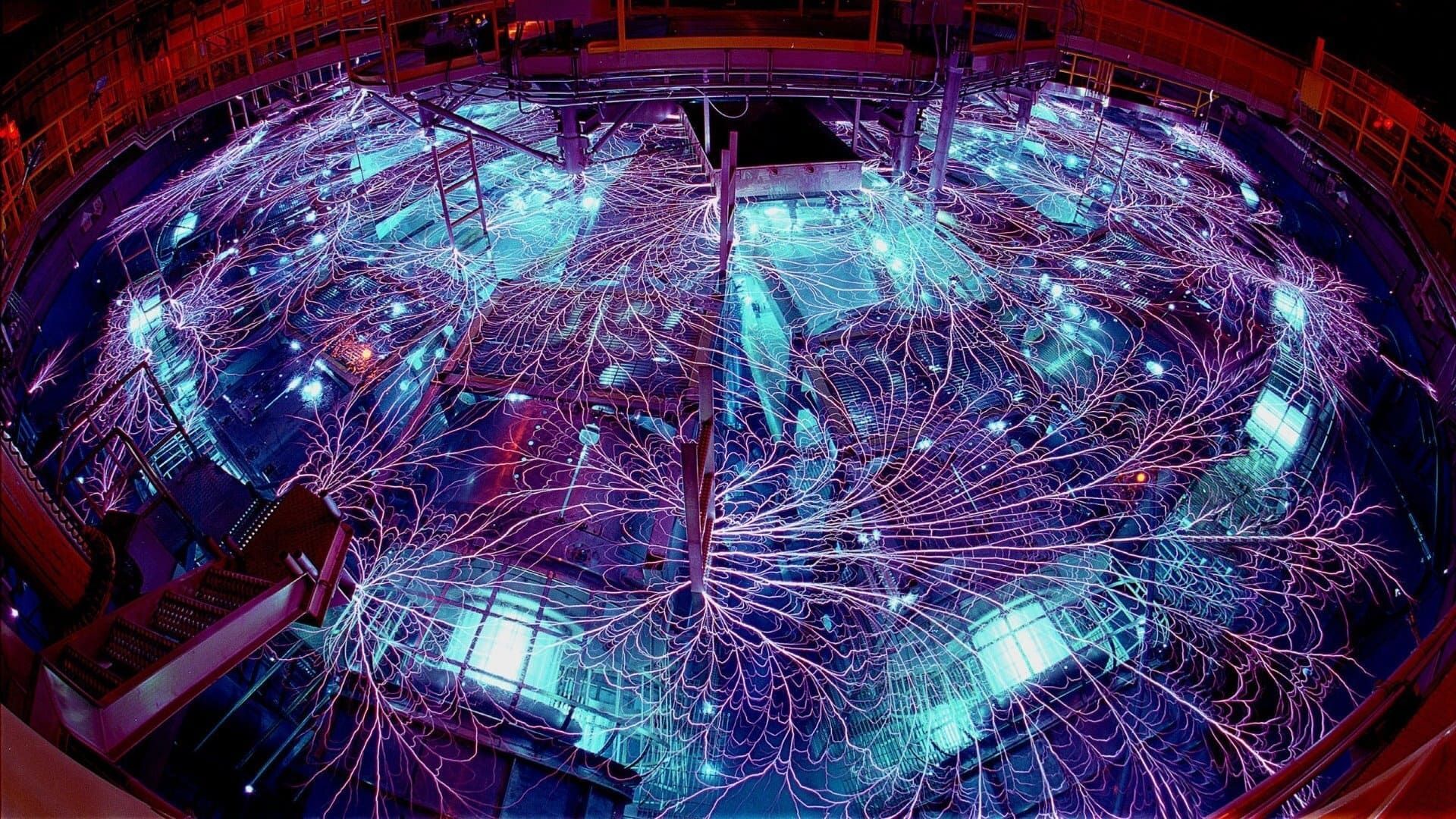

Horizon
1981
TV-PG
British documentary series that covers a variety of subjects in science and philosophy.
Where to Watch 1981
27 Episodes
- East of BombayE13
East of BombayThis show is a Horizon documentary about the training by two doctors from India, Rajnikant and Mabelle Arole, who are trying to combat the curable diseases. These diseases are common killers in Indian communities. Also, a report on Salubai, one of these native health workers and her work at Kamkhed in Western India. - The GridE19
The GridHorizon presents a followup episode of Gentlemen, Lift Up Your Skirts, covering the Formula One racing season while investigating the way the William's racing team fought the fierce competition of the French and Italian racings teams by finding ways around new rulings to make their cars first on the grid. - Science for the PeopleE21
Science for the PeopleHorizon presents a two part documentary looking at the science and technology inside the Soviet Union. In this episode, we look at why the Russians might need to import a chemical processing plant from the UK and computers from the USA when they have a quarter of the world's scientists and still give science and research the highest priority. - The Race to Ruin
 E22
E22The Race to RuinThis is the second part of the Horizon documentary on the Soviet Union. In this report, we examine the basis for the space arms race between USA and USSR. Are the US efforts for the extensive space defense system to match the Russians based on a misconception of the USSR war effort from space? - The Pleasure of Finding Things Out
 E24
E24The Pleasure of Finding Things OutRichard Feymann was one of the most brilliant theoretical physicists and original thinkers or the 20th century. He rebuilt the theory of quantum electrodynamics, and it was for this work that he won the Nobel Prize in 1965. In this documentary he talks about his motivations to be a scientist and a teacher of science. - The CornucopiaE25
The CornucopiaHorizon explores the Common Agricultural Policy of the EEC that produces mountains of food. We look at the position which many European farmers occupy in western European economies which leads to the creation of overproduction of agricultural products. Do they need to reform the policy?
